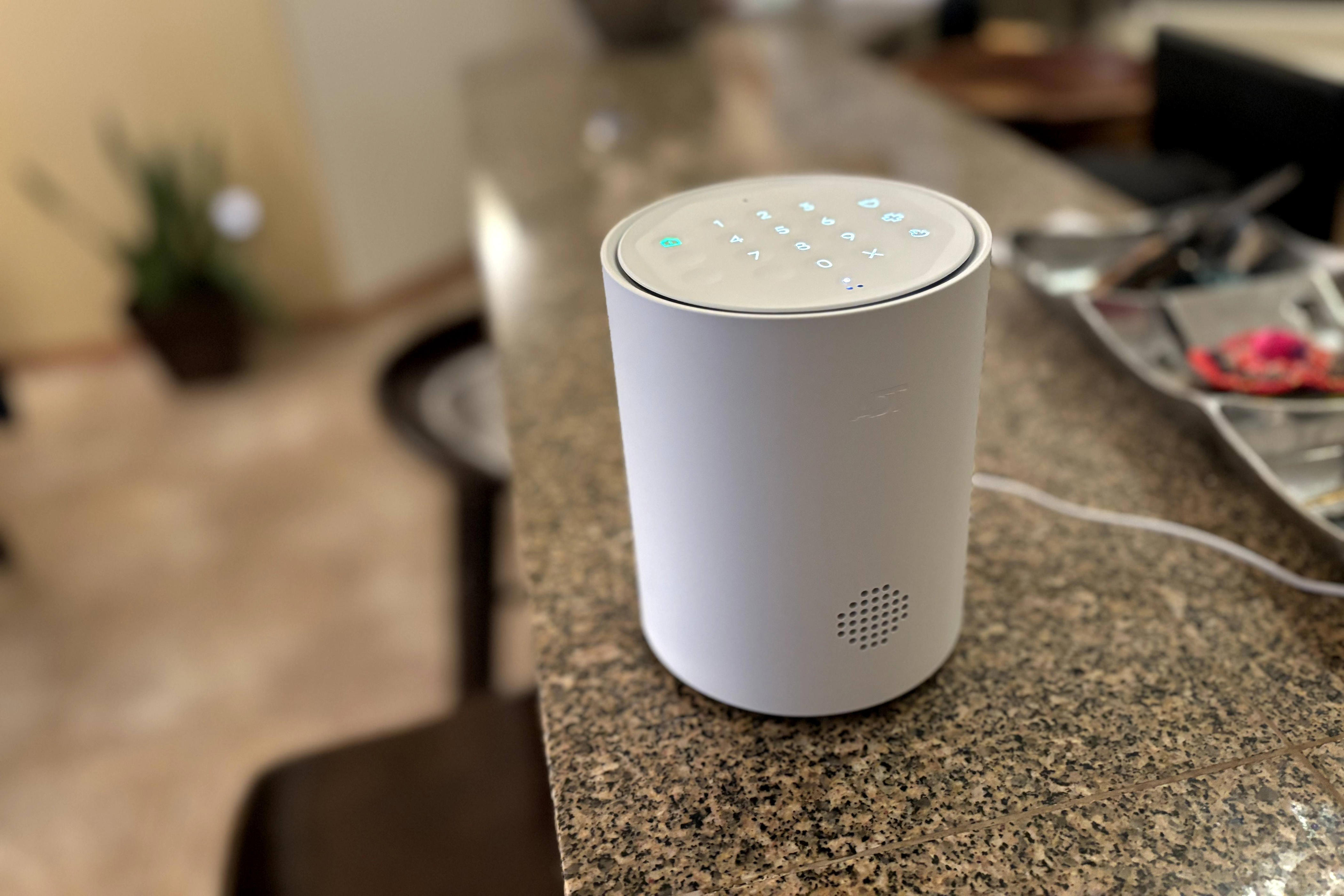How Much Can a Home Security System Save on Insurance?

Understanding Home Security and Insurance Savings
Home security systems have become a popular topic among homeowners, especially when it comes to potential savings on insurance premiums. Many people believe that having a home security system or even a single device can lead to significant reductions in their homeowners insurance costs. This article explores how different types of security devices and systems can impact your insurance rates and what you need to know before making any purchases.
Single Devices: A Start to Potential Savings
A single device like a video doorbell or security camera can offer some financial benefits. Typically, these devices can provide a discount ranging from 2% to 5% on your insurance premium. Insurers appreciate the added layer of protection these devices offer, as they not only act as a deterrent but also help in collecting evidence if a crime occurs.
Most cameras don’t require subscriptions or monitoring services, making them a one-time investment. However, it's important to check with your insurance provider for specific requirements, such as motion detection capabilities, self-monitoring alerts, or higher resolution. Some insurers may only count cameras if they are part of a larger system, so it’s essential to verify these details.
Smart Locks: Enhancing Security and Possibly Saving Money
Smart locks are another option that can contribute to insurance savings. These devices allow for easier management of access to your home and can help prevent issues like forgetting to lock the door. Features such as temporary access codes and keypads make smart locks a practical choice. Insurance companies often offer discounts for smart deadbolts or locks on all external doors, which can range from 2% to 5%.
Full Home Security Systems: Greater Coverage, More Savings
A full home security system typically offers more substantial savings, often between 5% to 15%. These systems include door and contact sensors, which help detect break-ins. They can be DIY-friendly and relatively affordable, with some starting at just a few hundred dollars. Brands like Abode and Vivint are known for their compatibility with third-party devices, making it easy to expand your system over time.
The comprehensive coverage provided by these systems makes them more likely to qualify for insurance discounts. Adding components like contact sensors, glass break sensors, and security cameras can enhance your protection and potentially increase your savings. Some insurers even offer additional discounts if you integrate environmental sensors or leak detectors into your system.
Professional Monitoring Services: Enhanced Protection and Discounts
Professional home monitoring services can offer up to a 20% discount on your insurance premium. These services involve a monitoring center that watches your home and can alert first responders if needed. The cost for such services typically ranges from $20 to $30 per month. Advanced systems, like SimpliSafe, can recognize familiar faces, enhancing the response to potential threats.
Insurance companies may offer separate discounts for different types of monitoring, such as burglar or fire alarm monitoring. It’s important to understand the specifics of what your policy includes and how it interacts with your security setup.
Environmental Sensors: Additional Benefits
Environmental sensors, such as leak detectors and smart smoke detectors, can also contribute to insurance savings. While these devices alone may not qualify for discounts, they are more likely to do so when integrated into a larger security system or connected to a professional monitoring service. Insurers often appreciate the added protection these sensors provide, especially for detecting leaks in bathrooms or under sinks.
Insurance Requirements and Special Cases
While not all insurance policies require a home security system, certain packages or add-ons might. These requirements can vary based on location and the value of nearby homes. If you're moving to a new home, it's crucial to review your insurance policy carefully for any security mandates.
In cases where a lender pays for your homeowners insurance through an escrow account, you may find that discounts are less available. However, you can discuss options with your lender to manage the insurance directly if preferred.
Tips for Maximizing Savings
To save even more money, consider bundling your insurance policies or looking for affordable home security cameras. There are also ways to reduce costs associated with professional monitoring. By understanding the various options and requirements, you can make informed decisions that enhance your home’s security while potentially lowering your insurance costs.
Post a Comment for "How Much Can a Home Security System Save on Insurance?"
Post a Comment